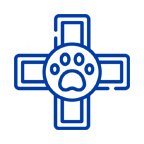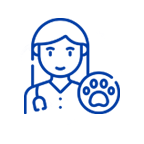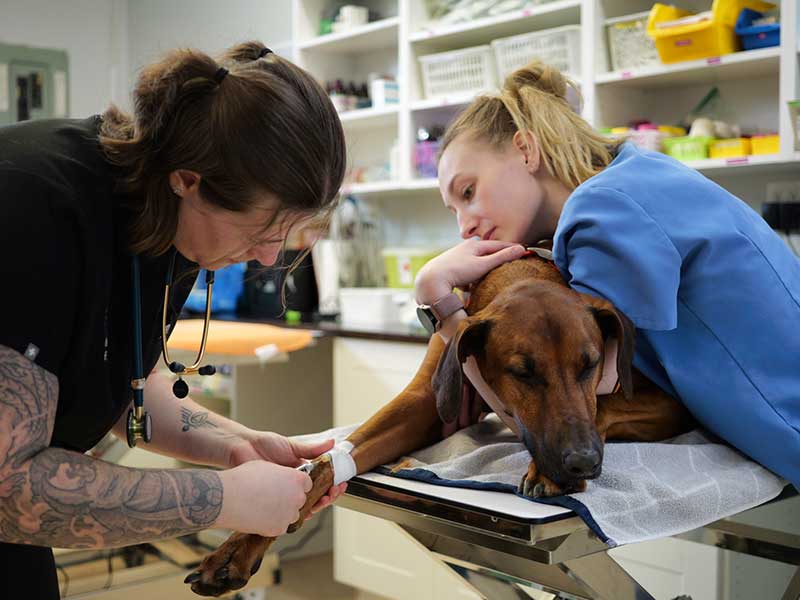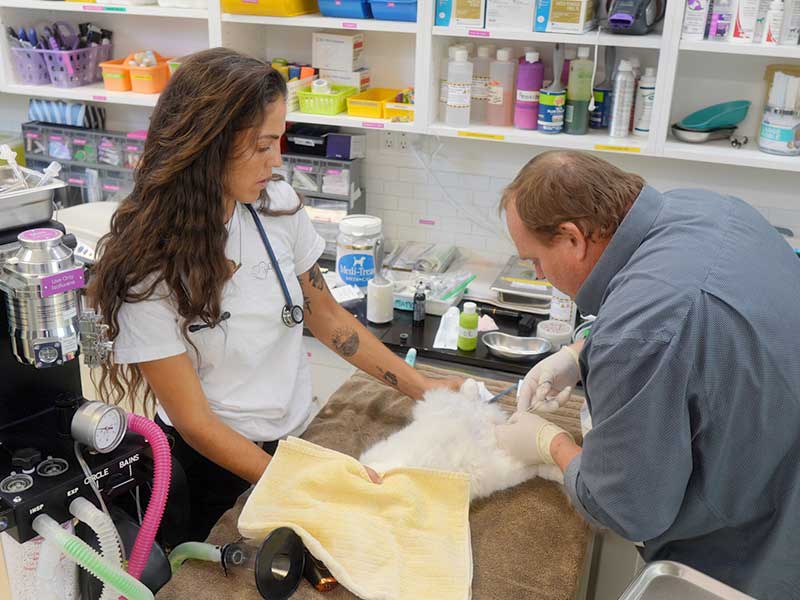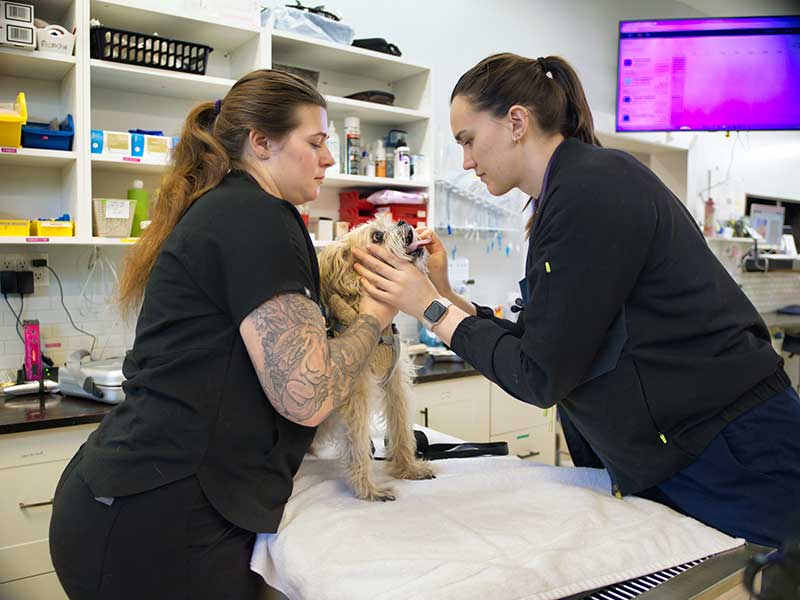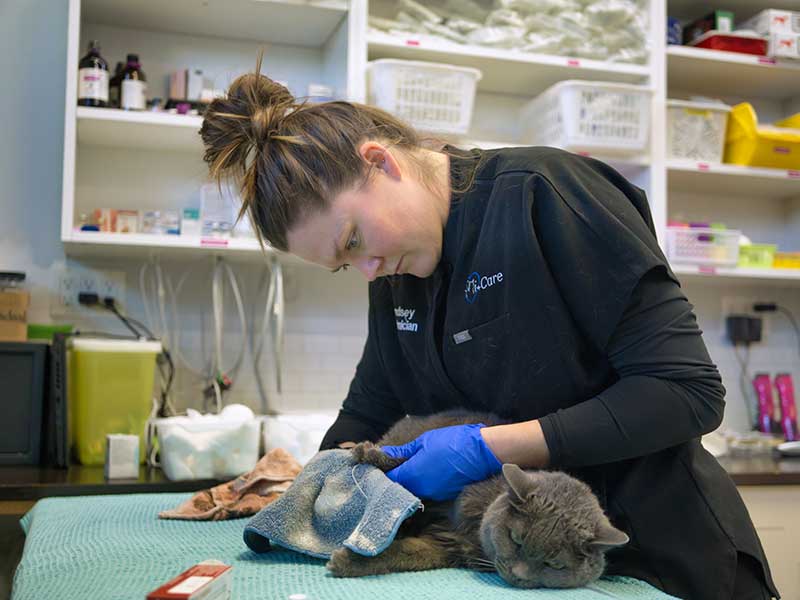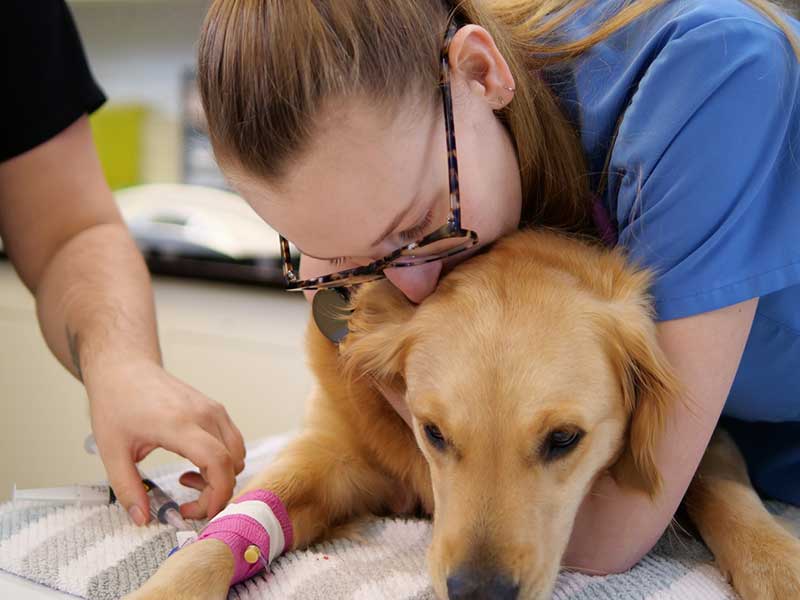We recommend spaying your female pet at 6 months of age.
i-Care Veterinary Hospital offers different options for Spays:
1. Traditional Spay – Dogs and Cats - This surgery involves a medium sized abdominal incision using a scalpel, and removal of both the ovaries and uterus.
2. Laser Assisted Spay – Dogs and Cats - This is essentially the same surgery as a traditional spay, but anywhere that we would normally use a scalpel, we use a laser instead for cutting and cautery at the same time. See the Laser Surgery section on this page for more details.
3. Laparoscopic Spay – Dogs >5kg - This surgery involves making two very small incisions, and removing only the ovaries using a laparoscopic camera and cautery. For more information on this procedure and it’s numerous benefits, please see the Laparoscopic Spay section on this page.
We recommend neutering small dogs at 6 months, medium sized dogs at 8 months, and large breed dogs at 1 year of age.
i-Care Veterinary Hospital offers different options for Neuters:
1. Traditional Neuter – Dogs and Cats - This surgery involves creating a small incision just in front of the scrotum and removing both testicles.
2. Laser Assisted Neuter – Dogs - This is essentially the same surgery as a traditional spay, but anywhere that we would normally use a scalpel, we use a laser instead for cutting and cautery at the same time. See the Laser Surgery section on this page for more details.

